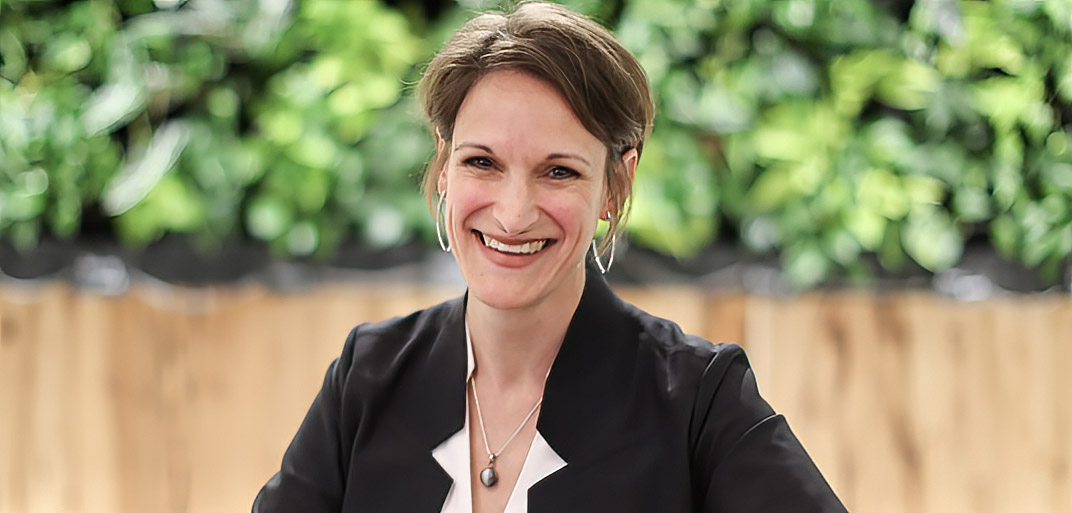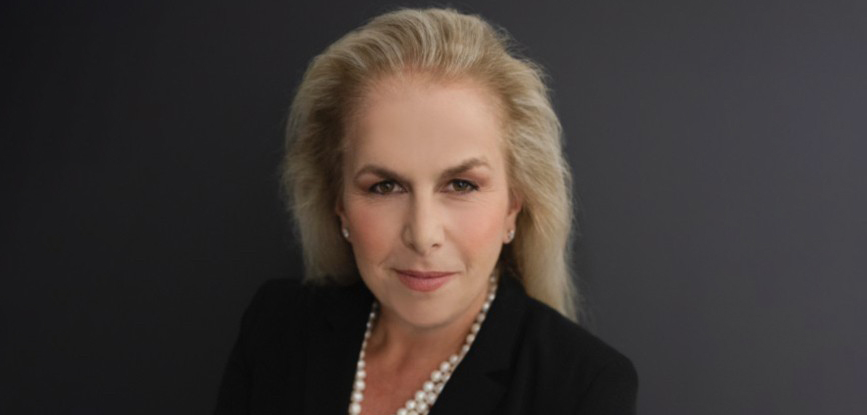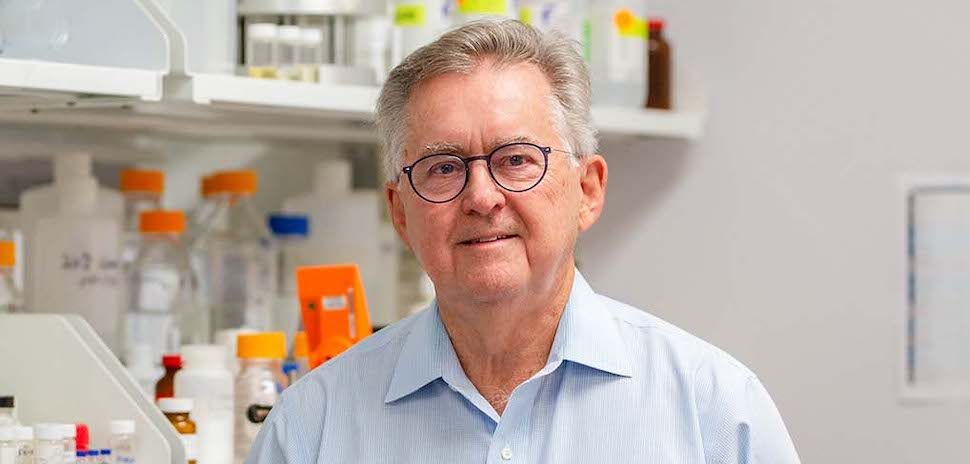Keurig Dr Pepper’s chief sustainability officer, Monique Oxender, has been named interim chief corporate affairs officer. With an extensive tenure at KDP and a sustainability background that includes Ford Motor Co., Oxender offers a distinct fusion of expertise.
Oxender will oversee the company’s corporate responsibility, government affairs, corporate communications, and internal communications work.
She steps into her new role on the executive leadership team, reporting directly to Chairman and CEO Bob Gamgort. She succeeds Maria Sceppaguercio, who, after announcing her upcoming retirement, will remain as an adviser until year’s end.
Commending Oxender’s contributions in a prepared statement, Gamgort said, “Monique has built a best-in-class corporate responsibility function at KDP, and she is a dynamic leader who delivers strategic plans that create value for all stakeholders.”
He added, “I’m excited to collaborate with her and our executive leadership teams on further enhancing our corporate reputation and sharing our growth story.”
Oxender has been with KDP for more than 11 years, most recently as senior vice president & chief sustainability officer, where she designed the organizational and strategic framework for the company’s ambitious corporate responsibility platform.
The company said that under Oxender’s leadership, KDP has made significant progress against its commitments through cross-functional collaboration and multi-stakeholder partnerships.
Before KDP, Oxender held leadership roles with Ford Motor Co., overseeing supply chain sustainability programs and working with various external stakeholders.
Oxender is a board of directors member for World Coffee Research and on the Strategic Advisory Council for The Erb Institute, a partnership between the Ross School of Business and the School for Environment and Sustainability at the University of Michigan.

Get on the list.
Dallas Innovates, every day.
Sign up to keep your eye on what’s new and next in Dallas-Fort Worth, every day.
R E A D N E X T
-
Keurig Dr Pepper announced the appointment of Karin Rotem-Wildeman as chief research & development officer, starting Jan. 9. She will report to Chairman & CEO Bob Gamgort. The company is based in Frisco and Burlington, Massachusetts. In her new role, Rotem-Wildeman will lead product development, packaging innovation, flavor technology, and associated R&D capabilities, the company said. The incoming R&D chief succeeds David Thomas, who is retiring after 16 years with the company. "Karin is an accomplished R&D leader and CPG executive with a proven track record in concept-to-shelf innovation across multiple product categories. I look forward to working with her…
-
Keurig Dr Pepper Inc. has reappointed Bob Gamgort, its current executive chairman and former CEO, to his former chief executive's post after announcing the resignation of Ozan Dokmecioglu as CEO and a member of the KDP board of directors. Gamgort will continue as the company's chairman. The company, which is based in Frisco and Burlington, Massachusetts, said in a statement that Dokmecioglu agreed to resign because of violations of the company's Code of Conduct that were unrelated to strategy, operations, or financial reporting. "Keurig Dr Pepper's Code of Conduct is built on a foundation of ethics, integrity, and personal responsibility.…
-
Oray Boston is the worldwide president of trauma, extremities, craniomaxillofacial, and animal health at DePuy Synthes, the orthopedics company of Johnson & Johnson.
-
UNT and Dallas-based communications tech company COMSovereign are partnering to develop and launch a new 5G edge-centric infrastructure test platform, funded in part by a grant from the North Central Texas Council of Governments. With the new program, UNT's Dr. Kamesh Namuduri says his team will "be able to expand our focus on wireless connectivity and research into Advanced Air Mobility technologies including UAVs, where UNT is already actively engaged with an expanding network of industry and government partners."
-
A holder of 34 patents, Sherry was a pioneer in designing molecular materials for use in medical imaging. His work on chemicals called macrocyclic ligands led to their use in carrying "a payload of metallic radiotherapeutic compounds that can kill cancer cells on contact, while the outside molecular structure can be designed to bind to a specific protein that ensures precise delivery to only diseased tissue," Amanda Siegfried writes in UT Dallas Magazine.
![]()





























